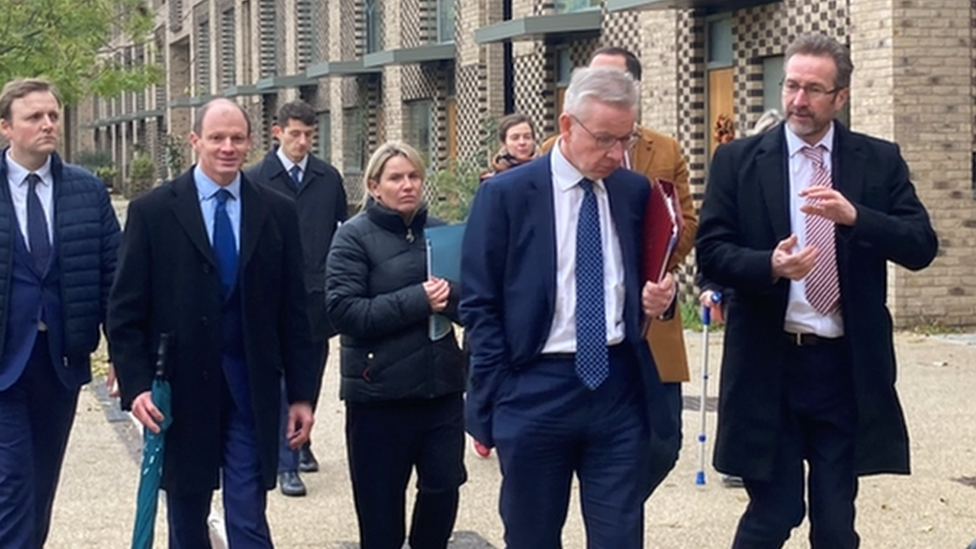Government plans new measures to boost Cambridge water supply
- Published
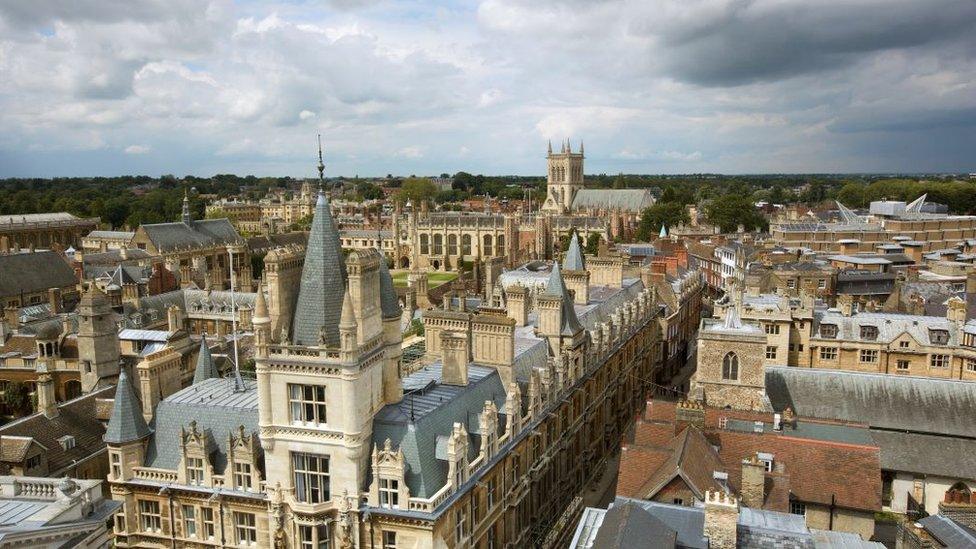
The government wants to expand the number of homes in Cambridge to boost the science and technology economy but the Environment Agency is objecting to new developments due to water supply issues
Measures to reduce water use in one of England's most water-stressed areas have been published by the government.
The 'Addressing water scarcity in Greater Cambridge' report, external was published after Wednesday's budget alongside 'The Case for Cambridge' report.
It suggested installing smart water meters and retrofitting existing buildings with water saving devices.
The Environment Agency is currently objecting to new developments in the area due to water supply issues.
The government wants to build 150,000 new homes in the city by 2050.
Challenges around water supply have been cited in many recent local planning applications and the Environment Agency has raised concerns about the proposed development at Darwin Green.
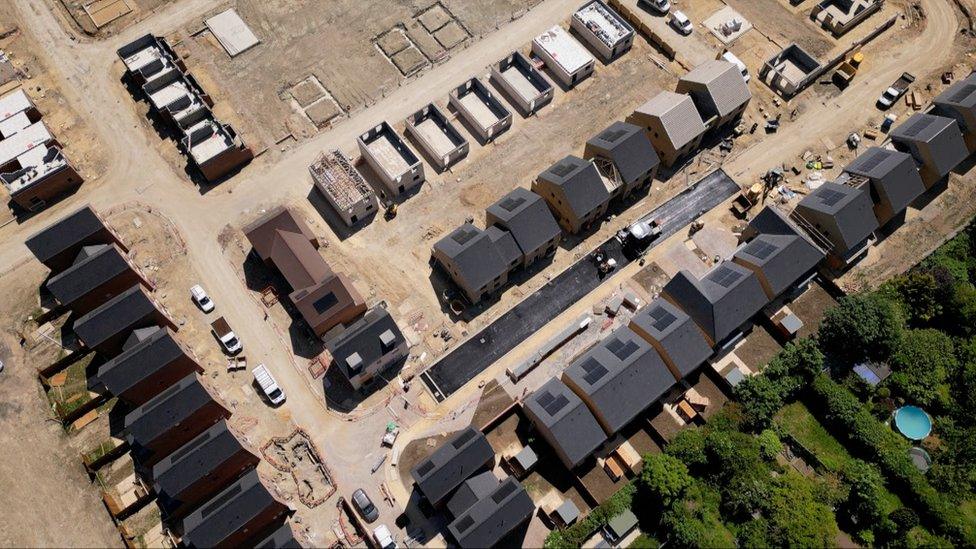
The second and third phases of Darwin Green could see another 1,000 homes added to those built in the first phase
Among the measures being considered was a water credits system, which would allow developers to pay "credits" to offset the water used by new residents.
The report suggested this idea could be brought in to social housing and commercial property, where water saving devices could be installed.
Other ideas included:
Installing smart water meters
Dual pipes system so greywater can be used on new developments
New developments to aim for 110 litres of water per day per person
To create a new water supply, a reservoir will be built in the Fens between the towns of March and Chatteris, and would be operational by 2036, the report said.
Anglian Water is currently at the early stages of developing the project., external, which would supply 43.5 megalitres of water per day.
A new pipeline is planned from an existing reservoir, Grafham Water, to the city which is expected to be operational by 2032.
Most water consumed by residents originates from the regions chalk aquifers and ground water sources. The report refers to the need to "ensure that chalk aquifer abstraction levels can be reduced" to protect the environment.
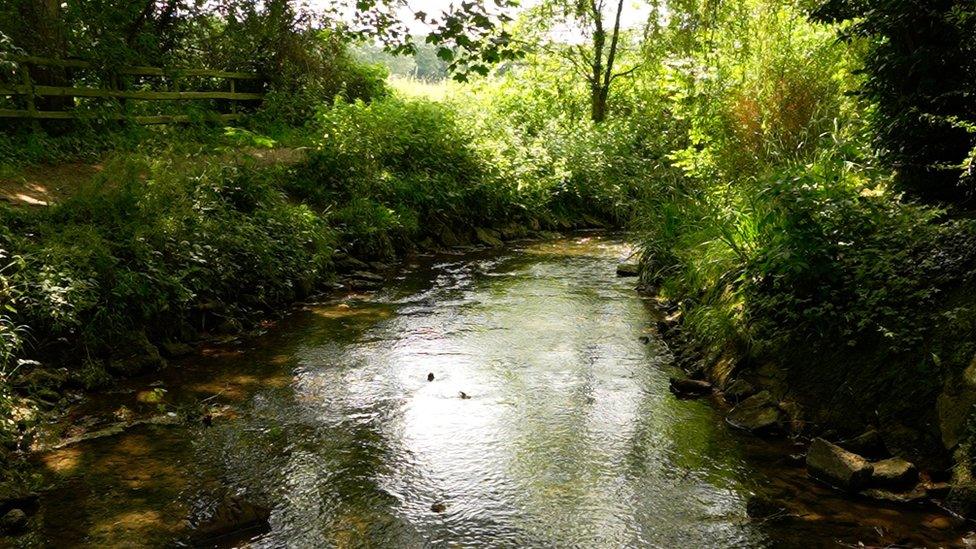
The River Granta is a rare chalk stream that is fed by an underground aquifer, which is also used for drinking water

Follow East of England news on Facebook, external, Instagram, external and X, external. Got a story? Email eastofenglandnews@bbc.co.uk, external or WhatsApp 0800 169 1830
Related topics
- Published26 June 2023
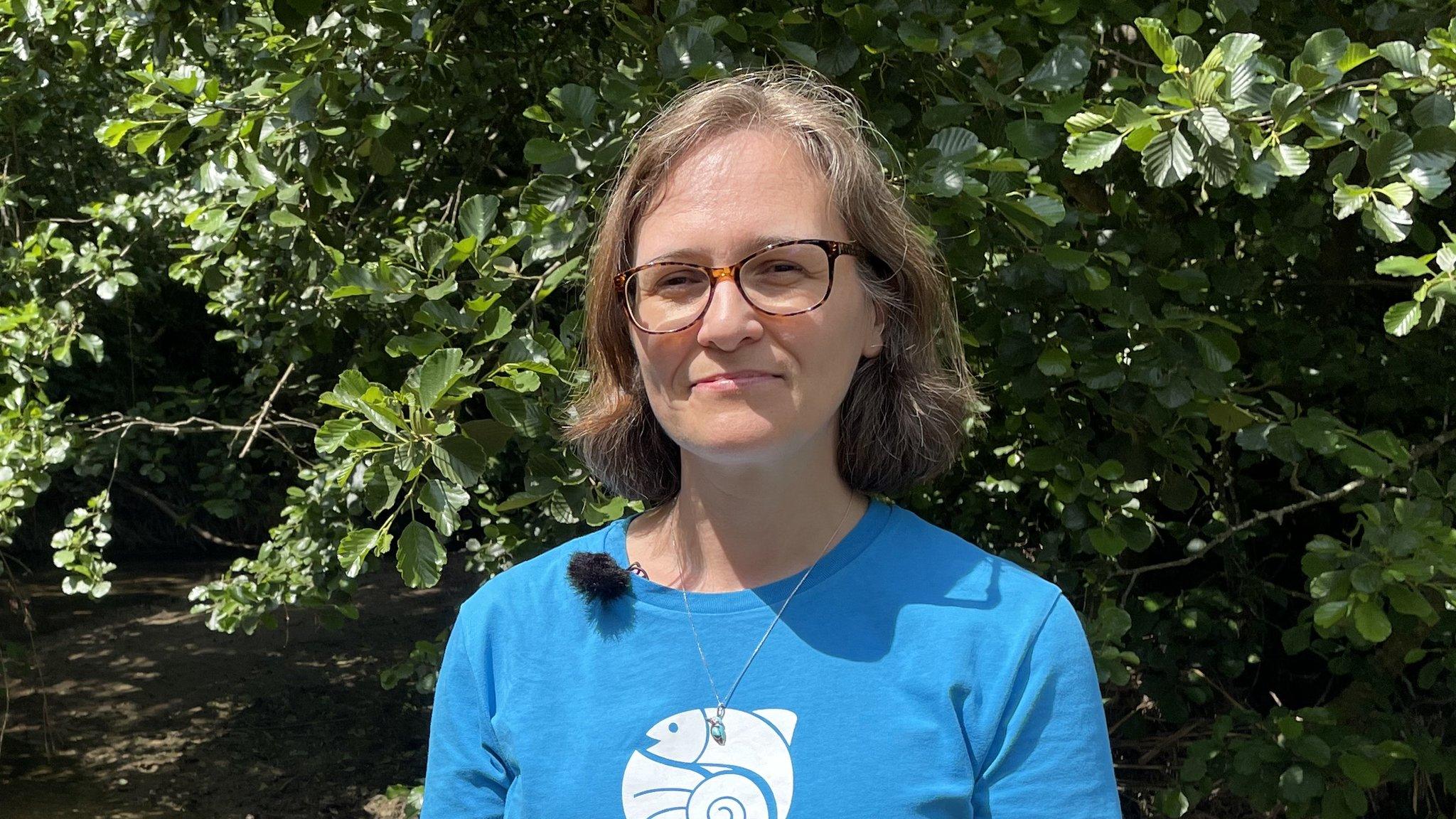
- Published24 July 2023

- Published17 November 2023
